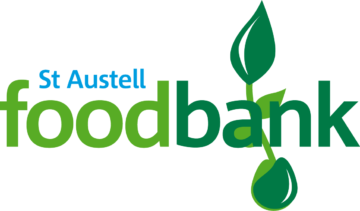About
How foodbanks work
Providing emergency food to people in crisis.
Every day people in the UK go hungry for reasons ranging from a low income and the rising cost of living, an unexpected bill, homelessness, redundancy, and ill health.
Food is donated
Schools, churches, businesses and individuals donate non-perishable, in-date food to a foodbank. Large collections often take place as part of Harvest Festival celebrations and food is also collected at supermarkets.
Food is sorted and stored
Volunteers sort food to check that it’s in date and pack it into emergency food parcels to be given to people in need. Over 40,000 people give up their time to volunteer at foodbanks.
Professionals identify people in need
Foodbanks partner with a wide range of care professionals such as doctors, health visitors, social workers, schools, and local charities to identify people in crisis and issue them with a foodbank E voucher.
Clients receive food
Foodbank clients bring their E voucher to a foodbank centre where it can be redeemed for three days’ emergency food. Volunteers meet clients over a warm drink and are able to empower people to access support through the use of Cornwall Worrying About Money signposting leaflet Cornwall – Worried about Money? (worryingaboutmoney.co.uk)
